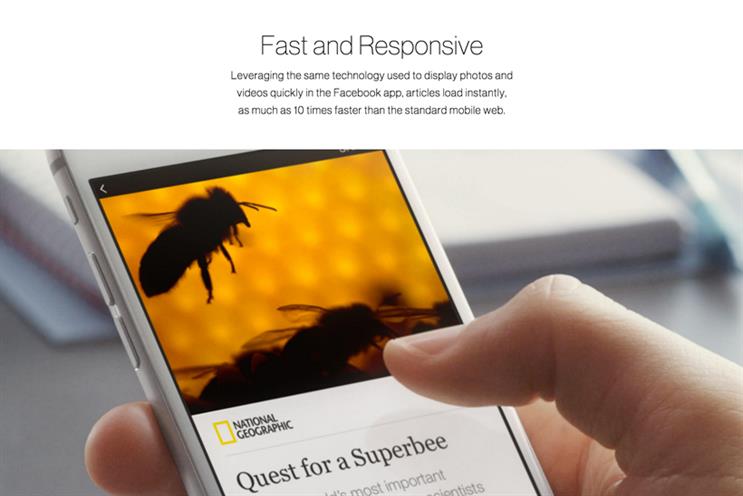Maybe you are planning a refresh of your company website? To tweak the design? Add some functionality, perhaps?
Forget it, kid.
Because the new year is also the moment when we can officially declare the website to be over. Finished. History. An ex-website. Click-throughs: zero. Unique visitors: nil.
Game-changers
Two apparently inconsequential changes in the way Silicon Valley giants Facebook and Apple do business has changed the content game forever, and, as of right now, rendered your content website obsolete.
First, there was Facebook’s Instant Articles. last month, Instant Articles means content you read on Facebook can now be hosted and monetised on the social-media platform to end all social-media platforms, without the need for users to ever click through to a website.
Meanwhile, last September, Apple released iOS 9, the operating system for its iPhones. As was widely reported at the time, this supports ad-blockers, allowing users to do what it says on the tin.
The new normal
These two developments arrived just as users' attention is shifting fast from desktop to mobile browsers. In 2016, we are all on our smartphones, all the time.
That’s why, right now, your desktop content site can expect no click-throughs and no ad views. That sound? Tumbleweed blowing through your website.
If that sounds bad, it’s because it is. Even Google is hurting over this. And it's Google, for chrissakes.
That sound? Tumbleweed blowing through your website. If that sounds bad, it's because it is.
Meanwhile, online content giants are abandoning their own websites like rats deserting the proverbial.
Vox is already publishing directly to social networks and apps; BuzzFeed has a growing team of people dedicated to figuring out what it might look like .
Vice, which distributes a large portion of its video via Google’s YouTube, has a channel in Snapchat’s app, along with CNN, Comedy Central, ESPN, Cosmo and the Daily Mail.
And as I reported in December, The Washington Post has announced that it will send 100% of its stories to Facebook.
It’s where the audience is, they shrug.
No wonder US website The Awl concludes that, for a publisher that wants to grow dramatically, "websites are unnecessary vestiges of a time before there were better ways to find things to look at on your computer or your phone".
Boom. Now, monetise that.


